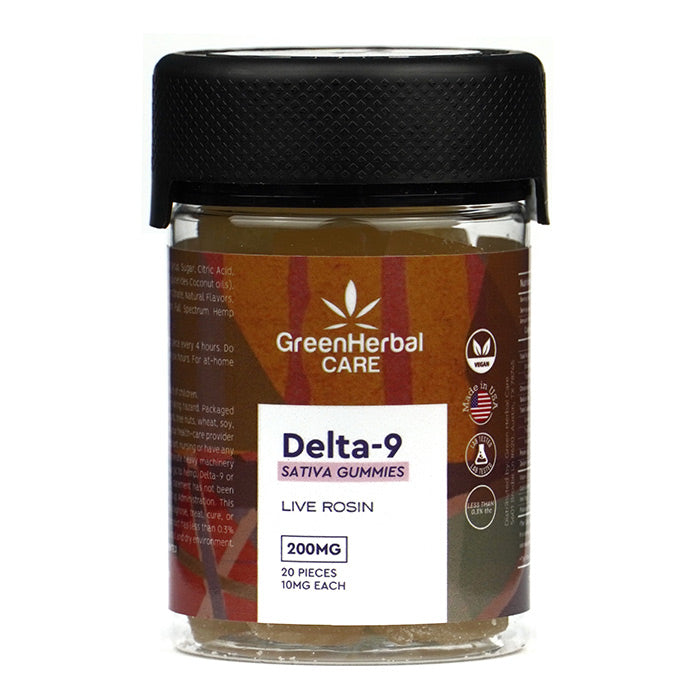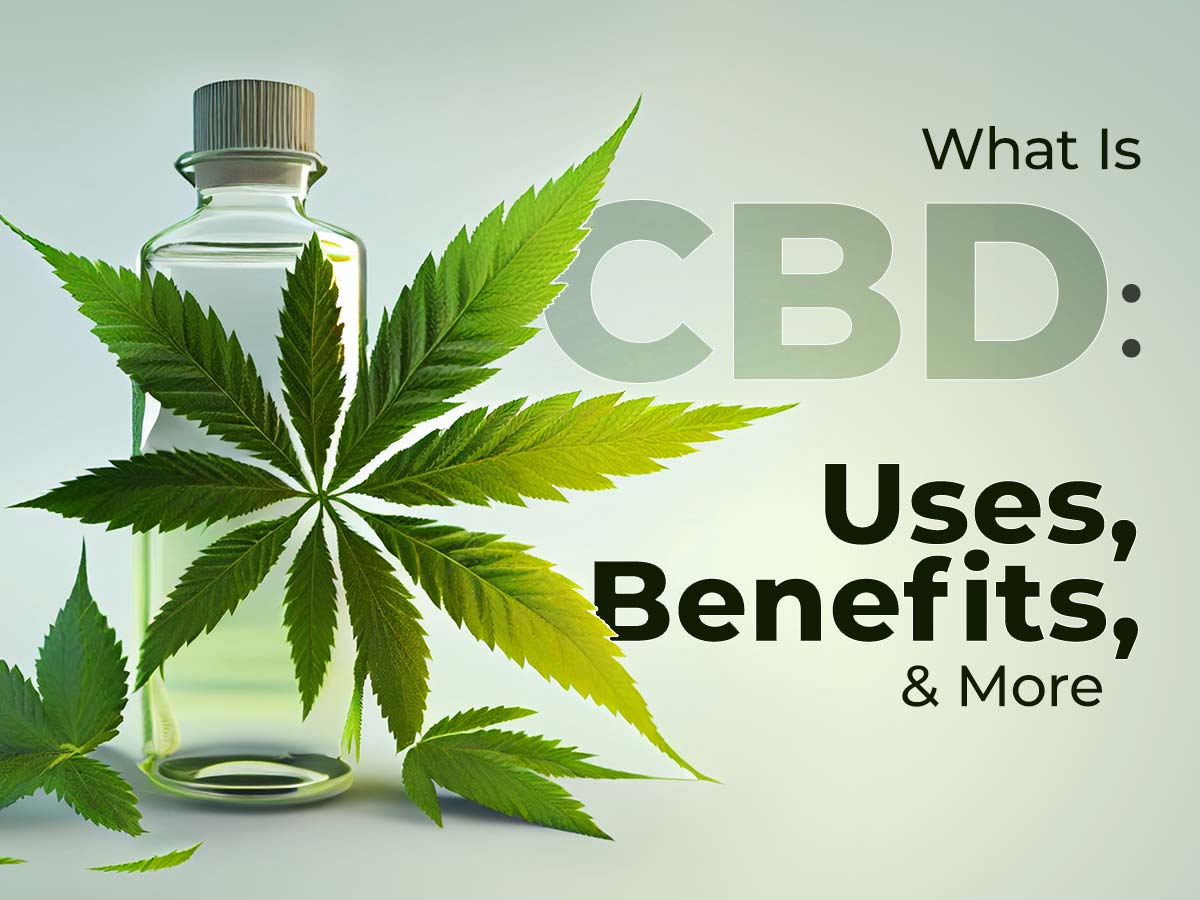CBD, or cannabidiol, has been gaining fame steadily over the last few years for its therapeutic benefits. Actually, CBD has been around for generations, but it only gained popularity over the last decade or so. Extracted from hemp and cannabis plants, CBD is entirely non-psychoactive and does not produce the “high” associated with tetrahydrocannabinol (THC). Now, the real question is - CBD: what is it and what does it do for you? Read all about this natural remedy here.
What is CBD?
CBD is one of the 100+ cannabinoids found in hemp and cannabis plants. Unlike THC, CBD is non-psychoactive. In other words, it does not cause a “high” effect.
CBD extracted from cannabis plants may be more effective than the one acquired from hemp. Nonetheless, industrial hemp-derived CBD can still be worthwhile.
If you reside in a state that has not yet legalized medical cannabis or these products are unavailable, you may still benefit from merchandise containing industrial hemp-derived CBD. Consider check the state’s laws.
Exploring the Global Popularity of CBDWhat is CBD Used For?
With ongoing research discovering newer potential of this plant-derived compound, it has become perfect for various potential uses. Here are some of its applications:
Relief from Anxiety Symptoms:
This 2019 publication shows that CBD consumption helped users experience reduced stress levels. It helped calm their mind without the side effects of traditional stress-relieving medications.
Relief from Painful Sensations:
CBD’s analgesic properties may help those suffering from chronic pain conditions like arthritis or neuropathy, suggests a 2016 study.
Relief from Sleepless Nights:
CBD may promote restful sleep every night by addressing underlying problems behind insomnia, including anxiety and chronic pain.
Relief from Epilepsy Symptoms:
The FDA approved a CBD-based called Epidiolex to treat rare forms of epilepsy, like Lennox-Gastaut syndrome and Dravet syndrome. So, CBD-derived products may be a great way to reduce some symptoms of epilepsy.
Relief from Inflammation:
CBD is rich in anti-inflammatory properties, which makes it potentially effective against inflammation-related conditions, such as rheumatoid arthritis and inflammatory bowel disease.
Shop CBD Products
What Does CBD Do in the Body?
Even after all this time, it is unclear how CBD works. However, it may block or activate cannabinoid receptors called CB1 and CB2.
These receptors are part of the endocannabinoid system and may regulate processes like sleep, appetite, and mood.
CBD may also interact with specific serotonin and opioid receptors. This stimulates a process that may decrease cholesterol and blood sugar levels.
It may also affect the gamma activity of peroxisome proliferator-activated receptors. This activity affects the release of intracellular calcium responsible for processes like muscle contraction, hormone secretion, and cell growth.
The Power of Cannabinoids: Unveiling Their EffectsPotential Side Effects of CBD
CBD is usually beneficial. But as it is with most, it may not be without side effects. The only way to avoid side effects is to consume CBD-derived products responsibly. High doses can cause slight problems. While these can be mild, they include:
- Appetite changes
- Dizziness
- Dry Mouth
- Stomach Disorders
- Drowsiness
- Drowsiness
How to Use CBD?

You have different ways to use CBD. Our products come in various forms, simplifying how you can add the benefits of nature to your daily routine. Here are some you should try.
GHC Broad Spectrum CBD Oil:
Administer sublingually for fast absorption (keep it under the tongue for a minute or two before swallowing.
GHC CBD Isolate Gummies:
Our gummies are a tasty way to keep your wellness in check in the most delicious way possible.


